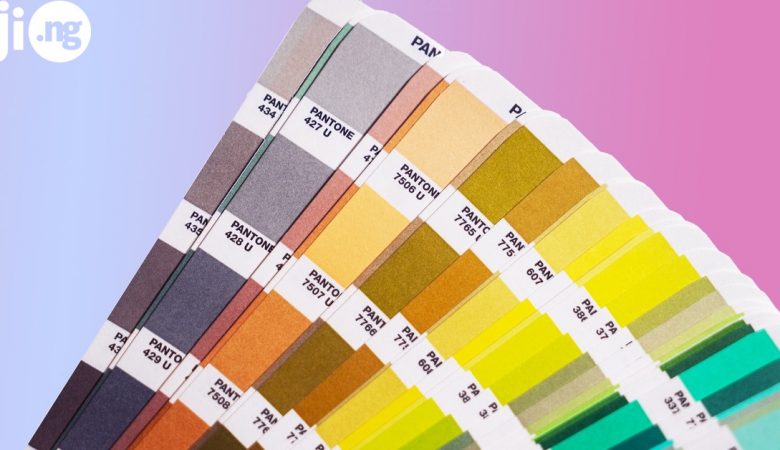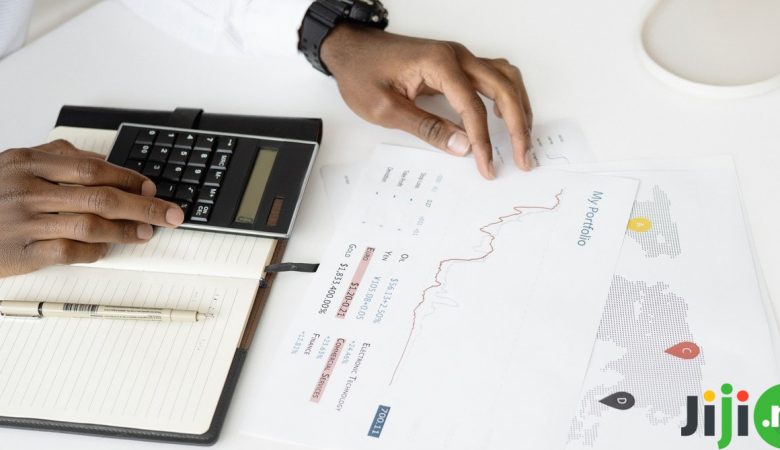A distributor in Nigeria is someone who acquires the goods from the manufacturer and then supplies them to the retailer. When done right, a distribution business can be incredibly lucrative and fulfilling. Find out how to start your own distribution business in Nigeria right now!
Shop the best goods at low prices on Jiji
1. Make sure you have what it takes
A distribution business is not the easiest business idea in the world – you need to have a set of very specific qualities and competencies if you want to succeed in this industry. A good distributor needs to have the following traits:
Read more: How To Start A Lucrative Honey Production Business In Nigeria
- Being good at networking to find the best manufacturers and clients;
- Having excellent negotiation skills to get the best deal every time;
- Being client-oriented and determined to help the clients at all cost;
- Having at least some experience of wholesale buys and sales;
- Being ready to hire, train, and manage staff;
- Having the ability to adapt to new conditions, requirements, and trends.
2. Find your niche
Before you make any real steps towards your own distribution business, you need to know what exactly you are going to sell. Unless you have a limitless startup capital, you can’t sell everything, which means you will need to focus on a single group of products, at least until your business gets off the ground.
Read more: List Of Fast Moving Consumer Goods In Nigeria
The most popular niche for distributors in Nigeria is, of course, the FMCG group of products. This includes food products, cosmetics, water, pharmaceutical products, clothes, accessories, gadgets, and home goods. These are the items that are popular among consumers and are actively sought by retailers.
3. Study the market
Distribution is a very lucrative business, but it is also highly competitive, as there are already plenty of powerful players in this market. You need to do a comprehensive study of the market, which may require you to have some extensive marketing training.
The goal of your study is to determine your position in the distribution market. You need to find your closest competitors and decide what your USP, of unique selling proposition, is going to be. Without it, your distribution business may simply not survive the competition.
4. Get the training
Without any prior experience and deep knowledge of the distribution industry, you will have a hard time achieving success with your business. On paper, the process of distribution looks simple and includes just four steps:
- Buying the goods.
- Storing the goods.
- Transporting the goods.
- Selling the goods.
However, each step requires you to know exactly what you are doing and how to make your business processes efficient and lucrative. That is why you will need to undergo some training, whether by people who are already in the business, from online courses, or by working directly for a major distributor.
5. Acquire a capital
Like any other business, a distribution centre cannot be launched without a startup capital, but its size largely depends on the type and size of your business, as well as the manufacturers you will work with. For example, smaller manufacturers don’t require you to buy big amounts of the product, while established manufacturers have stricter requirements for the distributors, which means you will need a bigger startup capital.
6. Establish your office
The office of your distribution business may double as a warehouse, but they can also be separate. Both the office and the warehouse should be close to your partners and easily reachable from any location, so that your business could be cost-effective.
Read more: How To Start Second-Hand Clothing Business – Importation, Fast Moving Items And More
The next thing to do is to hire personnel for your enterprise. At the very least, you will need several sales agents and an accountant. You will also need warehouse workers, and if you will be delivering the goods instead of waiting for the retailers to come to you, you will have to hire at least one delivery truck driver and either buy or lease a delivery truck.
7. Build the connections
The final step of establishing your distribution business is finding the partners, which includes both manufacturers and retailers. It’s important to build strong relationships with your partners and make them mutually beneficial. When you are able to score the best prices and conditions when buying the products and sell them for profit in large quantities to your clients, your business is destined for success.

Launch your business from your phone with the Jiji app










